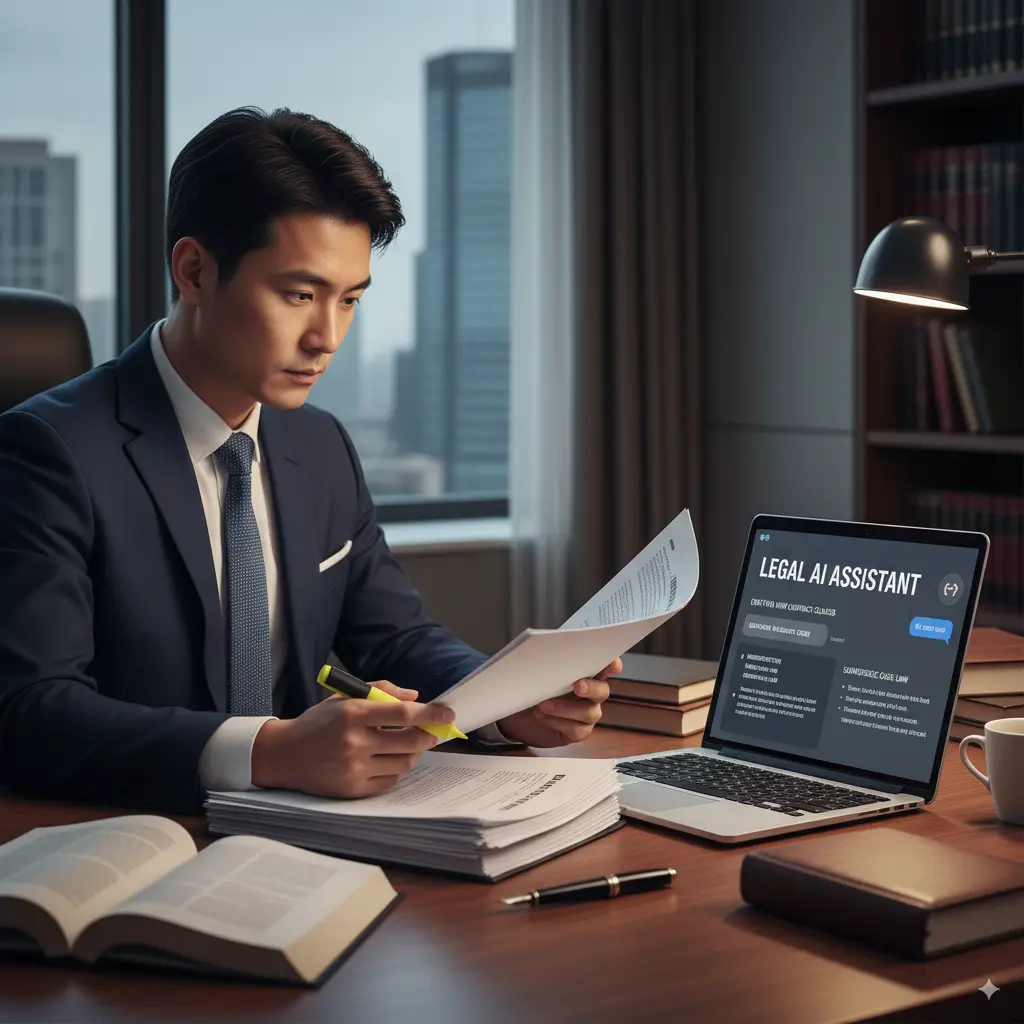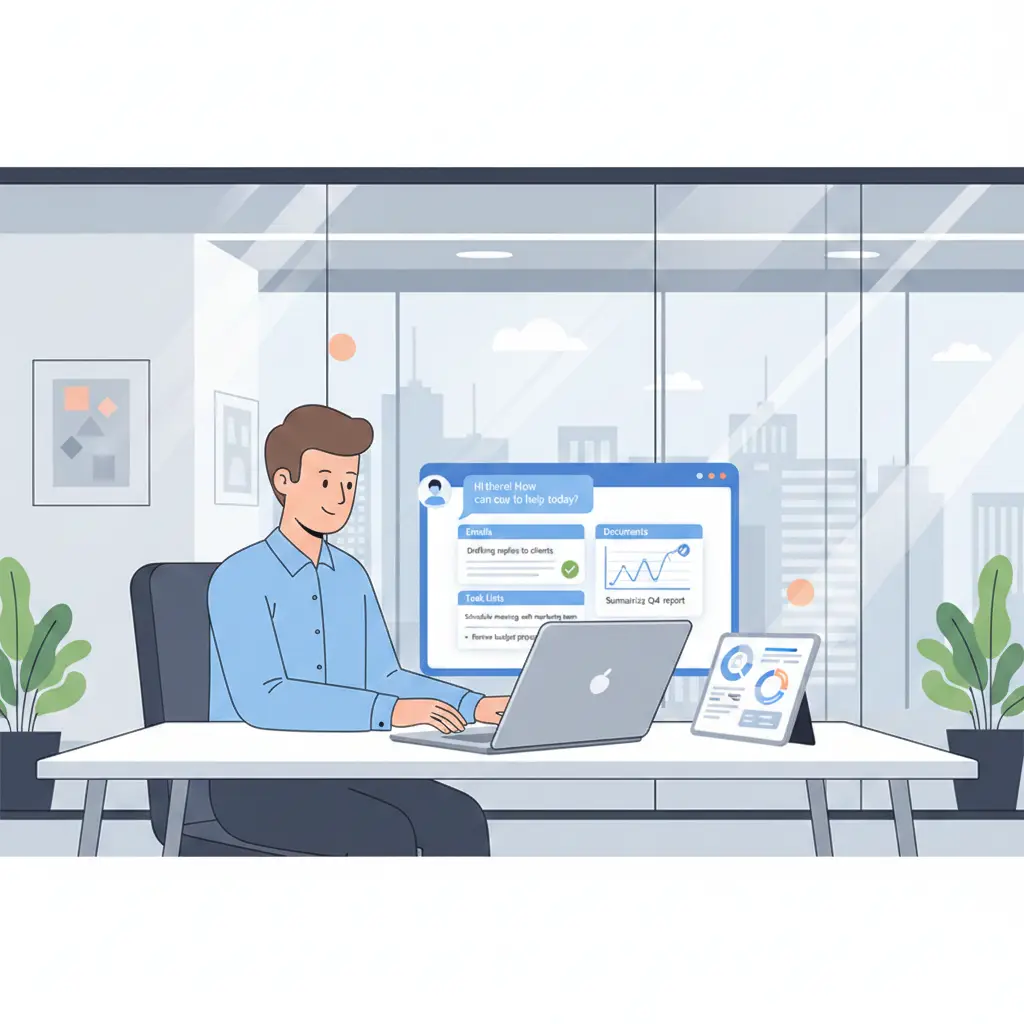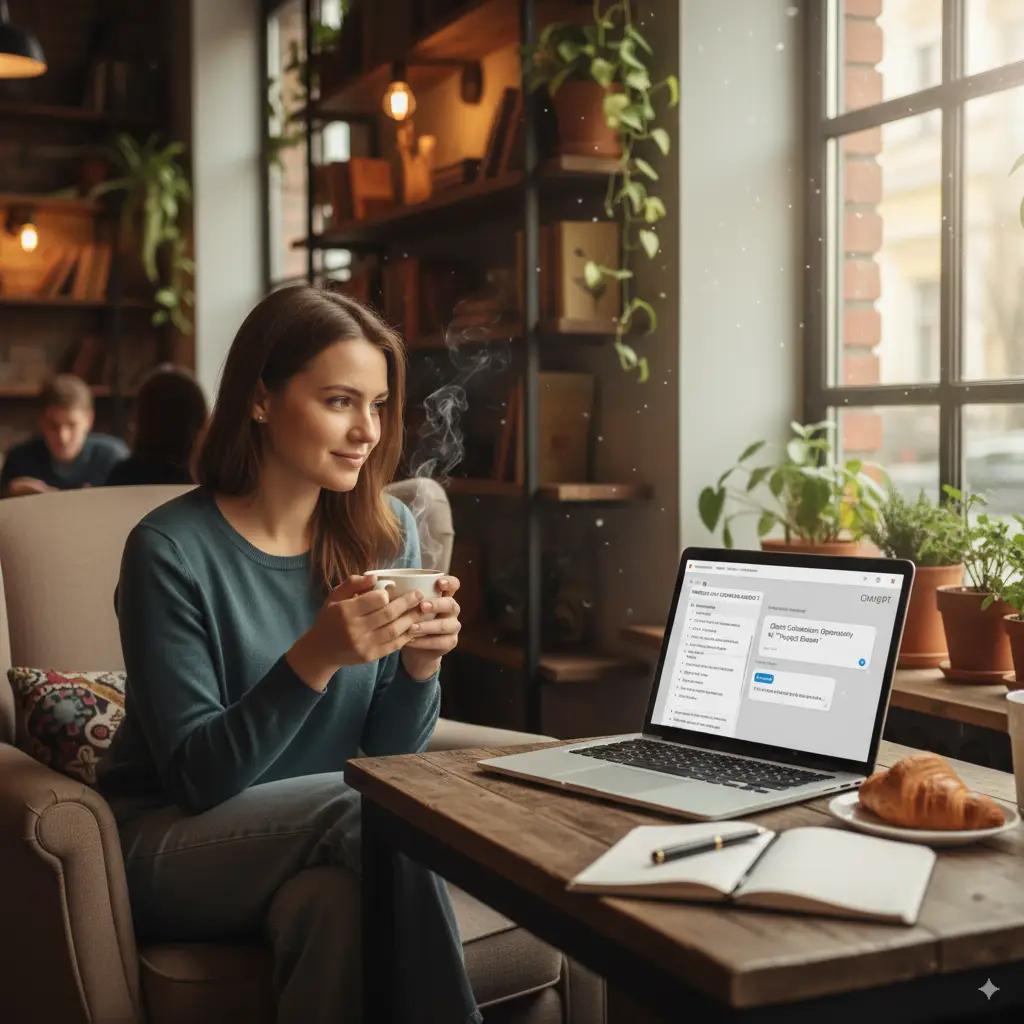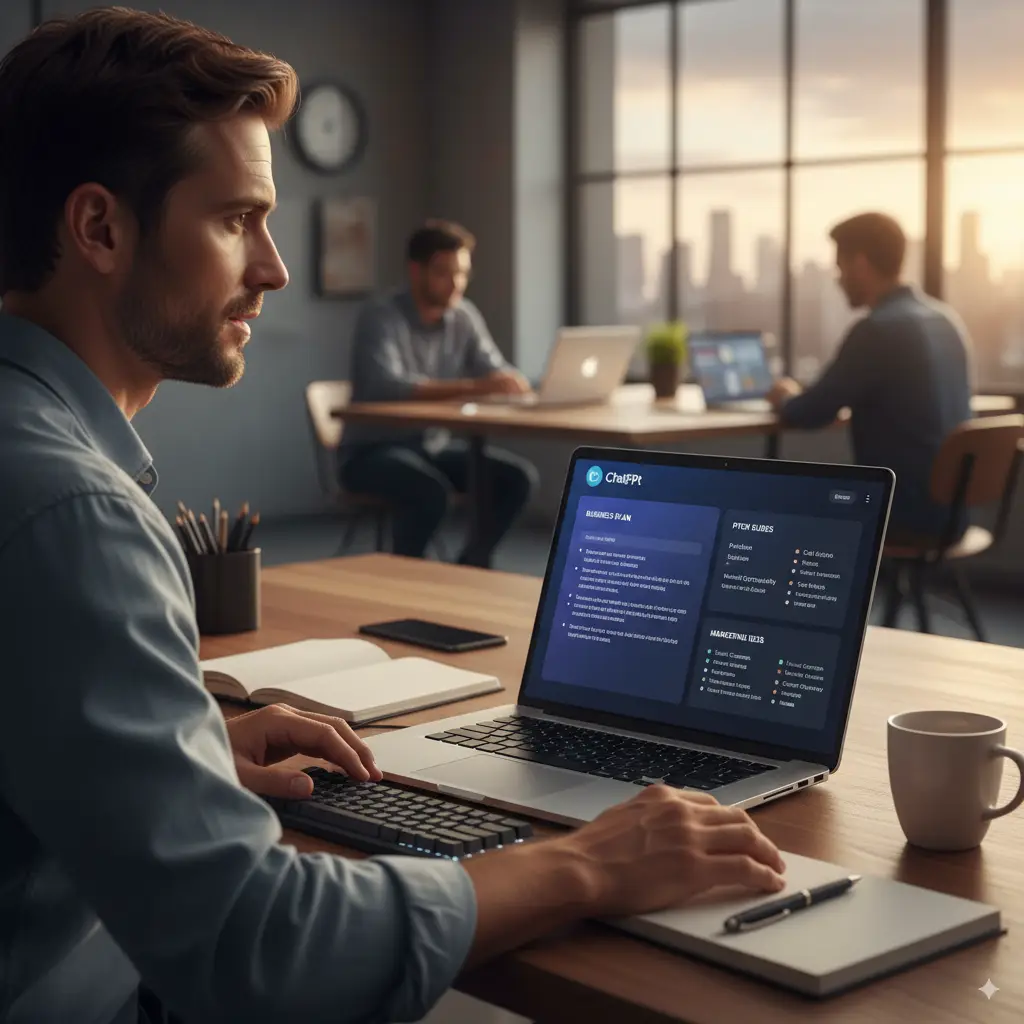Learn how lawyers can use ChatGPT prompts to draft contracts, create legal summaries, improve client communication, and boost productivity in daily practice.

ChatGPT Prompts for Lawyers: Draft Contracts, Summaries, and Client Communication
The legal profession demands precision, clarity, and time management. Lawyers often spend countless hours drafting documents, reviewing case files, and preparing for client communication. With the right prompts, ChatGPT can become a valuable assistant in the legal field—helping lawyers save time while maintaining accuracy and professionalism.
ChatGPT is not a substitute for legal expertise, but it can support lawyers by drafting initial versions of documents, creating summaries, and preparing communication materials that can be reviewed and finalized by legal professionals.
How ChatGPT Supports Lawyers
- Drafting Contracts: Generate drafts for common agreements like NDAs, partnership contracts, or service agreements.
- Summarizing Legal Texts: Quickly turn lengthy case documents or laws into concise summaries.
- Client Communication: Draft professional emails, updates, or reports.
- Legal Research Assistance: Create structured outlines of legal issues or case studies.
- Court Preparation: Generate checklists, timelines, or questions for hearings.
Example Prompts for Lawyers
- Contract Prompt:
“Draft a simple NDA agreement between a freelancer and a small business.” - Summary Prompt:
“Summarize this legal case in plain English for a client without legal background.” - Email Prompt:
“Write a professional email update to a client about the progress of their case.” - Checklist Prompt:
“Create a checklist of documents needed for filing a divorce case.” - Outline Prompt:
“Generate an outline of arguments for a breach of contract lawsuit.”
Tips for Lawyers Using ChatGPT
- Always review AI-generated content for accuracy and compliance with local laws.
- Use ChatGPT to handle repetitive drafting tasks, but apply your expertise to finalize.
- Leverage prompts for simplifying communication with clients, making legal concepts more understandable.
- Keep confidentiality in mind—avoid sharing sensitive client information.
By integrating ChatGPT prompts into their workflow, lawyers can work more efficiently, deliver better client experiences, and focus more on strategy rather than routine paperwork.
Stay Updated
Get the latest tech insights delivered weekly.



